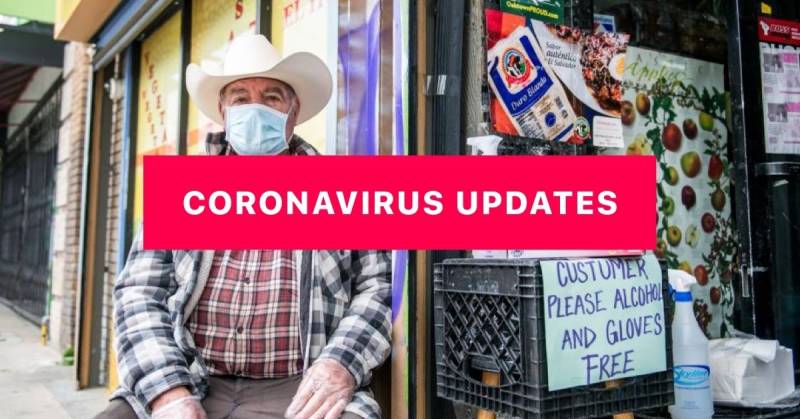At the end of DeOnte Taylor’s recent shift, only one bed remained. The respiratory therapist says his hospital in Oakland was lucky that two critically ill patients didn’t arrive at the same time.
He fears the surge will topple the facility by the end of the week.
“I think it's going to be chaotic. Only severe patients will be admitted… because we can only take care of the worst.”
That’s also the reality unfolding at Kaiser Permanente's Fresno Medical Center. Nurses struggle to fit inside rooms where two beds have been shoved inside. Staff are scrambling to convert conference rooms and a cafeteria into care facilities.
“We are at the point where we are having to triage who deserves an ICU bed and who doesn’t,” said registered nurse Amy Arlund at the end of a harrowing night shift. “We have to look at the severity of each patient and evaluate the chances of survival and pick the best candidate for a bed.”

